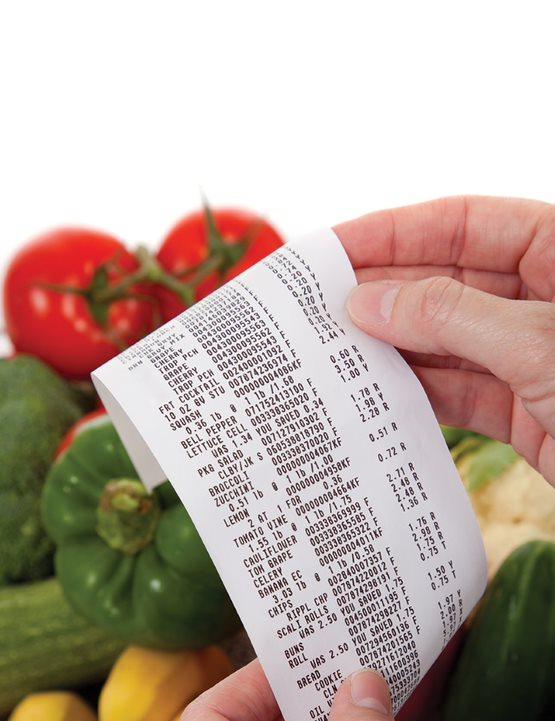The latest data from The Food Foundation’s authoritative Food Insecurity Tracker * shows a rapidly worsening picture as the cost of living crisis deepens, adding a growing urgency to the need for government action to help those worst hit by the continuing rise in food prices.
The latest report found that four million children live in homes without adequate access to food
A quarter of households with children have experienced food insecurity in the past month.
This has increased by 50% since April, compared to households without children where the increase has been 26% in the same time frame, reflecting the severity of the impact of current economic conditions on the youngest population group.
Among households with three or more children 42% have suffered some form of food insecurity in the past month, compared to 16% of households with no children. The Government’s cost of living support package does not account for household size and so families with children, particularly larger families have suffered. More action is needed to help households with children.
The new data show that in the past month, 9.7 million adults or nearly one in five households (18%) have been unable to afford or get food so they have eaten less, skipped meals or gone without meals for an entire day. This is double the number affected in January.
More Universal Credit claimants are affected
A total of 54% of households receiving Universal Credit say they are struggling to get the food they need
Lack of money means cold food and cold water
Most of those affected by food insecurity say lack of money is their biggest problem. Now there is a parallel need to cover rising energy costs. 71% of households who have experienced food insecurity in the past month said they have cooked less, eaten food cold, turned off fridges or washed dishes in cold water.
People living in poverty have a worse diet. While 30% of all households with children said they had cut back on the quantity of food they bought, 35% said they had cut back on quality. Among those experiencing food insecurity, 58% said they were buying less fruit and 48% said they were buying less vegetables.
Anna Taylor, Executive Director of the Food Foundation, said:
“There are very serious physical and mental health implications from these worsening trends. It is hard for people who have never had to worry about having enough food to understand what it might feel like and we’re continuing to call on the Government to make this a priority.
“We want to see the expansion of Free School Meals to children on Universal Credit to ensure that every child is guaranteed a healthy, nutritious meal every school day, to take some pressure off families’ budgets.
“We want the Government to increase benefits in line with inflation and ensure employers pay at least the real living wage so people can pay essential bills.
“We also want to see measures introduced to make fruit, vegetables and other healthy foods available to those on the lowest incomes, so they are not forced into a poor diet of cheap processed food which promotes obesity.”
Gwen Hines, Save the Children UK chief executive, said: “No child should struggle through the school day because they are hungry.
“Yet, right now, 800,000 children living in poverty do not have access to free school meals and are missing out on healthy, nutritious food.
“Clearly, this is unacceptable and excludes many children from getting what could be their only hot meal of the day.
“The current £7,400 household income threshold to qualify is far too low and excludes families who are really struggling.
“Extending free school meals to all children whose families receive Universal Credit is the right and fair thing to do.”







